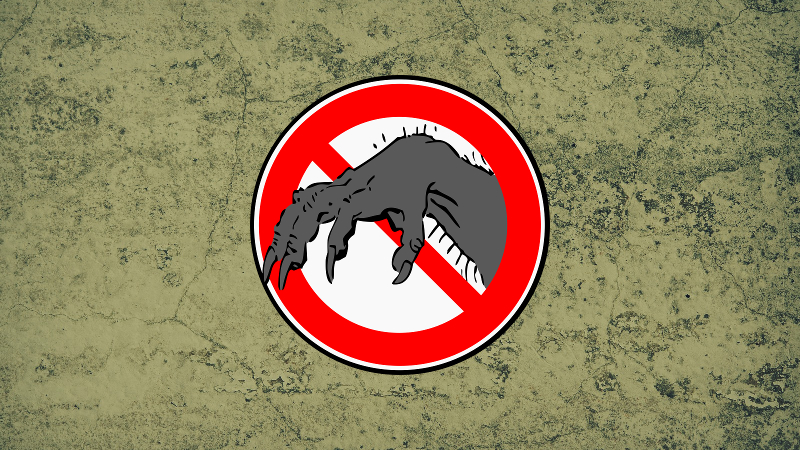“And the Apostle Paul discovered that the Bereans were searching the Scriptures to verify that all that he taught was true and he became indignant. The next podcast he lambasted the Bereans for questioning his teaching. The Pauline faction at Corinth, along with Silas, Timothy, Luke and Paul’s other traveling companions, picked up on the offensive nature of the Bereans checking Paul’s teaching against the Scriptures, and they became outraged. And they took to trolling the Bereans on Twitter and Facebook, calling them liars and slanderers and calling them to repent for daring to question their leader…”
Oh, wait, that’s not how Acts 17 reads? You mean Paul actually commended the Bereans, calling them nobler than those in Thessalonica? And he rebuked the Corinthians for having factions, some saying, “I am of Paul” or “I am of Apollos”? It is interesting to note that Paul did not consider himself above criticism. In fact, to the Galatians, he told them to consider him accursed if he came to them preaching a different gospel than the one he originally preached to them.
That is not how it is today. The idea of “touch not God’s anointed” is not just tossed around in the world of false teaching. It exists in the Reformed world as well. There is a right and Godly way to deliver a critique, and a right and Godly way to respond to it.
In Galatians 2:11-14 we read this confrontation between Paul and Peter:
11 But when Cephas came to Antioch, I opposed him to his face, because he stood condemned. 12 For before certain men came from James, he was eating with the Gentiles; but when they came he drew back and separated himself, fearing the circumcision party. 13 And the rest of the Jews acted hypocritically along with him, so that even Barnabas was led astray by their hypocrisy. 14 But when I saw that their conduct was not in step with the truth of the gospel, I said to Cephas before them all, “If you, though a Jew, live like a Gentile and not like a Jew, how can you force the Gentiles to live like Jews?”
Peter isolated himself from the Gentiles at Antioch because some of the leaders of the Jerusalem Church were at Antioch. This was a violation of the nature of the gospel. There are no longer Jews and everyone else. We are all one under the gospel. We all stand condemned under the law. The Jews are not any better than the Gentiles because they were given the Law by God which is how they viewed themselves. Paul then rebuked Peter.
What was Peter’s response? Did he rebuke Paul in return stating that he was in Jesus’ inner circle? That he was on the Mount of Transfiguration with John and James and who was Paul to rebuke him? Paul wasn’t even part of the original Twelve. That is not how Peter responded. In 2 Peter 3:15-16, Peter writes,
15 And count the patience of our Lord as salvation, just as our beloved brother Paul also wrote to you according to the wisdom given him, 16 as he does in all his letters when he speaks in them of these matters. There are some things in them that are hard to understand, which the ignorant and unstable twist to their own destruction, as they do the other Scriptures.
Peter places Paul’s letters on equal standing with other inspired scriptures. If Peter was holding a grudge against Paul for what happened in Antioch then it is not apparent here as Peter wrote this near his death.
There is a right way to express concern about a person’s teaching, and it can be done without adding unjustified accusations, unjustified in the relation to the rest of the person’s body of work. Present your concerns with respect and ask for clarification. If the person responds negatively then it is on them. This approach, however, does not hold true to false teachers. They have whored themselves to the world by abusing the Word of God for shameful gain.
And there is a right way to respond to criticism, and that way is to not spend time throwing out your own accusations against the person who offended you, attempting to discredit them to your minions before you respond to their criticism. If you crush the person’s reputation then the person’s words have less significance in the ears of your listeners. Most concerns are legitimate and should be addressed. Flare-ups can be avoided if the initial concern is addressed in the beginning.
No one is untouchable because we are all fallible.
[Contributed by Michael Hall]











